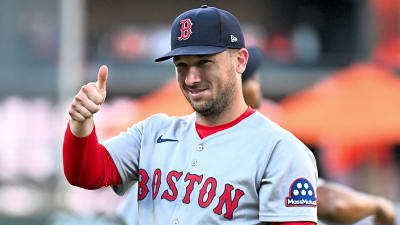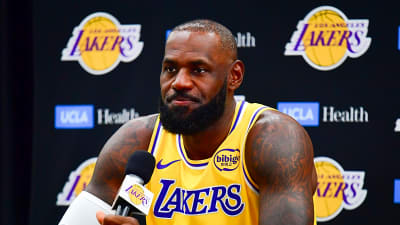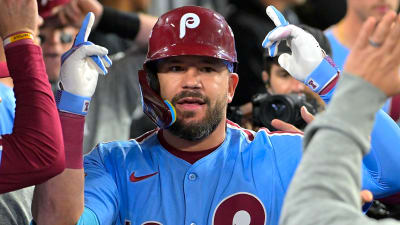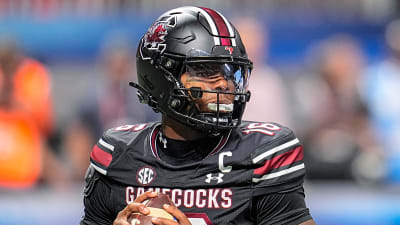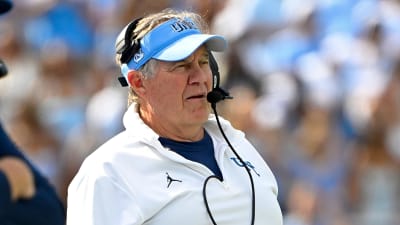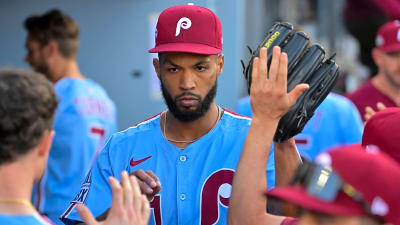
The Dallas Mavericks were among the first teams to shut down a top pick during NBA Summer League, pulling No. 1 overall selection Cooper Flagg after just two appearances in Las Vegas. While the move reflects a growing league-wide trend to protect high-value players during July action, Golden State Warriors forward Draymond Green took issue with what he views as a double standard.
“I find it very interesting that players get bashed for ‘load management’ but rookies get shut down during summer league these days … fascinating huh,” Green posted on Threads.
Cooper Flagg Delivers Breakout Game Before Shutdown
The comment came days after Flagg’s short Summer League run ended. In his debut against the Los Angeles Lakers, the 18-year-old shot just 5 of 21 from the field and finished with 10 points in a performance he later called “one of the worst of my life.” He bounced back in his second outing against the San Antonio Spurs, scoring 31 points on 10 of 21 shooting while adding four rebounds, one assist, and one block in 31 minutes.
After averaging 20.5 points and 5.0 rebounds across two games, Dallas elected to rest Flagg for the remainder of Summer League. He was not dealing with an injury, and the decision was framed around managing risk and shifting the focus to individual development ahead of training camp.
Flagg wasn’t the only rookie pulled early. The Spurs shut down No. 2 overall pick Dylan Harper due to a groin injury. The Utah Jazz pulled forward Ace Bailey after he sustained a minor hip flexor issue. The Philadelphia 76ers also rested first-round pick VJ Edgecombe. These decisions are increasingly common, especially for players expected to hold prominent roles during the regular season.
Draymond Green Questions Double Standard
Green’s critique drew attention because of his history of speaking out on load management, a topic that has generated tension between players, fans, and league officials. In recent years, the NBA has implemented policies aimed at reducing rest days for star players, particularly during nationally televised games.
Green’s point centers on the inconsistency between how veterans and rookies are treated when it comes to managing workloads. Summer League, however, is widely viewed as a developmental environment. Games do not count in standings, and teams often enter with narrowly defined goals, such as testing a player’s ball-handling skills, installing early offensive sets, or evaluating roster hopefuls. For top picks like Flagg, a strong showing in one or two games is often enough to meet those objectives.
Flagg operated as a point-forward in Dallas’ system, receiving extended ball-handling reps and functioning as the primary initiator on offense. After struggling in his debut, he showed poise and control in his second game, drawing praise for his bounce-back performance and composure in the half-court.
Dallas Mavericks Saw Enough from Cooper Flagg
The Mavericks finished 2-3 in Summer League, struggling to create offense without Flagg on the floor in their final three games. He returned to Dallas following the shutdown and is expected to spend the rest of the summer training with team personnel before taking part in the rookie transition program.
While Draymond Green’s comments added fuel to the ongoing discourse around player availability and fan expectations, many around the league maintain that the stakes of Summer League — or lack thereof — justify early shutdowns. What remains consistent is that the conversation around load management isn’t going away, even in July.
Latest Dallas Mavericks News & NBA Rumors
More must-reads:
- Eastern Conference contender named best landing spot for LeBron James
- Positive update emerges on Sixers' Joel Embiid — but it's just a first step
- The 'Team USA men's basketball coaches' quiz
Breaking News
Trending News
Customize Your Newsletter
 +
+
Get the latest news and rumors, customized to your favorite sports and teams. Emailed daily. Always free!

